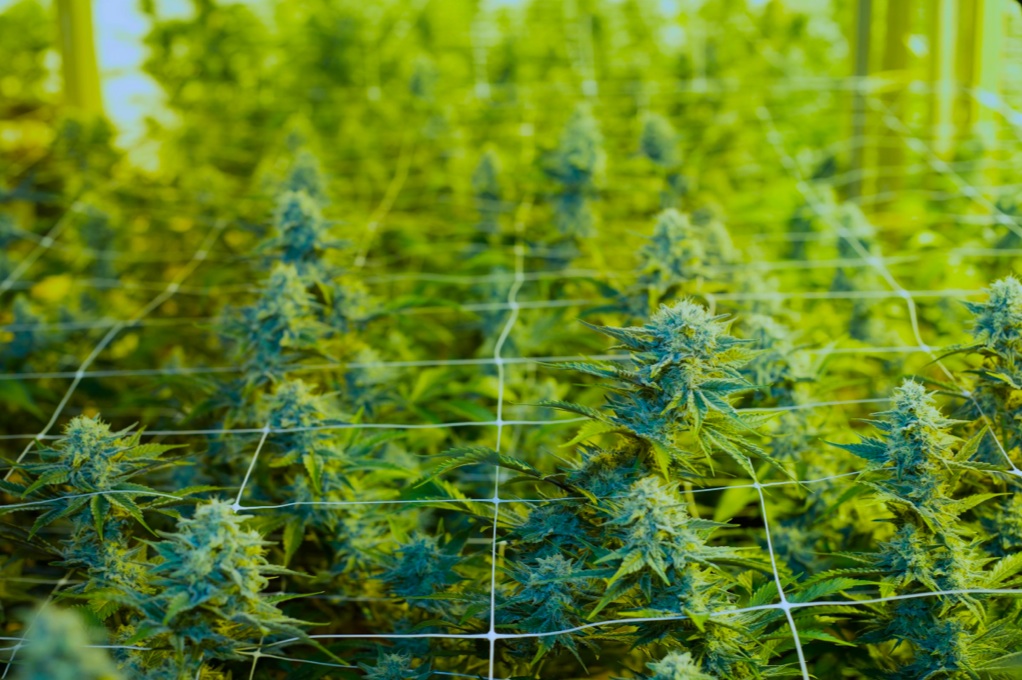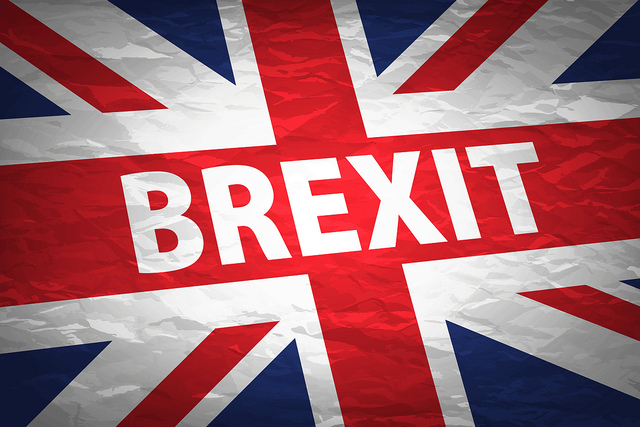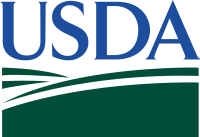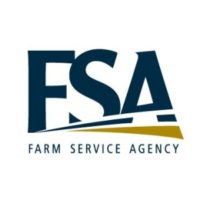This is Part Three of a four-part series discussing European cannabis regulations. Click here for Part One and here for Part Two. Part Three dives into dosage, approvals and more. Stay tuned for the final Part Four, coming next week.
But does CBD harm the liver?
Here, it is important that we compare apples to apples. Supplements are intended in addition to one’s usual diet. Medicines, on the other hand, are meant to alter a condition to solve a problem. Epidiolex is a medicine, not a supplement. According to Epidiolex the recommend dosage of Epidiolex, a highly purified form of CBD, is between 5mg and 25mg per kilo body weight per day. That means that an average 70 kilo adult would need to take between 350mg and 1750mg per day!
At this moment, even the FSA states that a recommended dosage should not exceed 70mg per day and most recommendations are much lower. This is because supplements are not medicines.
 The point is that Epidiolex is an FDA-recognized medicine and should not be compared to a supplement. Supplements may range from vitamins, minerals, herbal products and botanicals, and are offered without a prescription to people who wish to maintain or improve their health. Purchasers of supplements, as the word suggests, are supplementing their diet or lifestyle, they are not seeking a doctor prescribed medicine.
The point is that Epidiolex is an FDA-recognized medicine and should not be compared to a supplement. Supplements may range from vitamins, minerals, herbal products and botanicals, and are offered without a prescription to people who wish to maintain or improve their health. Purchasers of supplements, as the word suggests, are supplementing their diet or lifestyle, they are not seeking a doctor prescribed medicine.
The supplement or additive industry has no desire to confuse the objective of a supplement with one of a medicine. The objective of testing CBD is to confirm its usage as a supplement, so a firm line can be drawn between what is a medicine, formed to make conditional changes to the body, and what is a supplement to a normal diet.
Despite the FDA’s website warning that CBD is not a legal additive to food or drinks, at this point, the Agency seems to limit actions to claims, and not the safety of the product itself.
This position may be about to change.
The FDA has made inquiries with the European authority, EFSA, concerning testing and safety requirements. It is quite possible the FDA prefers the ‘EU approach’ over the current ‘wild west approach’ driving the American CBD industry.
In response to interview questions directed to FDA spokesperson, Courtney Rhodes says:
“CBD cannot lawfully be sold as a dietary supplement or as an ingredient in food under the FD&C Act. (Bold italics by the FDA) Food ingredients must be shown to be safe to be lawfully added to food. That means, there must be a reasonable certainty that an ingredient’s intended use won’t cause harm”.
 If this is the case, one may well wonder why the FDA is not enforcing the FD&C Act. The answer might lay in great part to the specifics of the 2018 Farm Bill (formally, the Agriculture Improvement Act), where the only statutory metric for cannabis as a controlled substance is the reference to the 0.3% delta 9 THC level. Many see this poorly written bill as an open door for cannabinoids to hit the markets legally, much to the chagrin of many state lawmakers.
If this is the case, one may well wonder why the FDA is not enforcing the FD&C Act. The answer might lay in great part to the specifics of the 2018 Farm Bill (formally, the Agriculture Improvement Act), where the only statutory metric for cannabis as a controlled substance is the reference to the 0.3% delta 9 THC level. Many see this poorly written bill as an open door for cannabinoids to hit the markets legally, much to the chagrin of many state lawmakers.
FDA spokeswoman Rhodes says that the 2018 Farm Bill effectively “removed hemp from [DEA] regulation.” By defining hemp as Cannabis sativa L. with a delta-9 concentration of 0.3% or less, “hemp derivatives, [like] CBD, …meet that definition of hemp and [are] not prohibited under the Controlled Substances Act.”
Thus, any enforcement on the part of the FDA is legally hamstrung due to the way the 2018 Farm Bill was written.
But is change in the air?
Research has yet to settle on “how much CBD can be consumed, and for how long, before causing harm,” says FDA Principal Deputy Commissioner Janet Woodcock. The existing regulatory framework for food and supplements are inappropriate for CBD, she says, and the FDA does not, in fact, intend to pursue rulemaking that would allow for the inclusion of CBD in dietary supplements.
So, what does the FDA intend to pursue?
While the FDA has generally focused on unsubstantiated health claims for food and beverage products, it is also on record stating that available data did not show CBD products as meeting the safety standard for a human or animal food supplement. “A new regulatory pathway for CBD is needed,” the Agency says, “that balances individuals’ desire for access to CBD products with the regulatory oversight needed to manage risks.”
What would such “a new regulatory pathway” look like? Most likely, that new testing requirements for CBD could come into effect. This could eventually mean testing requirements much like those in the EU.
Have the studies of Epidiolex, with findings based on extremely high dosage levels tainted the CBD discussion?

“The FDA is relying on pharmaceutical studies that show risks at larger doses,” says Jonathan Miller, general counsel for the U.S. Hemp Roundtable, adding that there is a decade of clear and established evidence of the safety of CBD products sold at retail. This is hard to deny: The industry has been selling CBD products for the last 10 years without any significant health issues arising. Thus, says Miller, creating a new regulatory pathway would not be necessary as the dietary supplement and food pathways are already provided for under the FD&C Act.
Authorities and industry leaders alike want regulations that promote business while at the same time protecting consumers. “The FDA’s inaction for the past year has facilitated an unregulated marketplace — which is bad for consumers and bad for business. It’s time for FDA to announce a legal pathway to market for these CBD-containing supplements and to commence meaningful enforcement against products that flout category-wide requirements for dietary supplements,” says Steve Mister, president and CEO of the Council for Responsible Nutrition (CRN), quoted on the crnusa.org website.
It is clear that the FDA does not want CBD in food and beverages and likewise claims there is no clear regulatory pathway, citing scientific data on CBD based on the Epidiolx study, which has little room for claiming CBD could be safely used as a supplement because the study is based on medicine, not a supplement.
Parallel to this, the US Hemp Roundtable and other industry stakeholders are urging the U.S. House Committee on Oversight and Accountability to move forward with an investigation into the lack of regulatory action on CBD products by the U.S. Food and Drug Administration (FDA). Does this mean that hemp lobbyist Jonathan Miller for Hemp Roundtable wants toxicology testing? “Yes,” he definitively answered.
Serious business requires the security that only toxicology reporting can give. Most of the large industry stakeholders have been engaged in toxicology testing for years, as time, not just funds, is a crucial factor. The EIHA projects GmbH began testing in 2020 and is not yet finished.
If congress and the FDA were to require toxicology reporting tomorrow, would your company be ready?




















